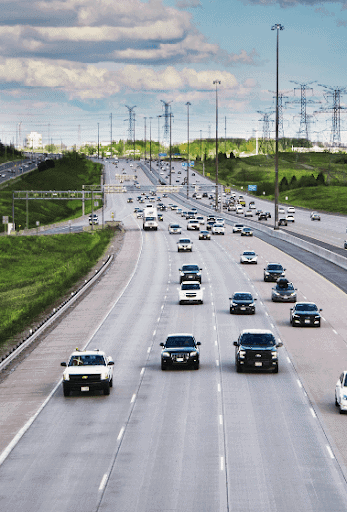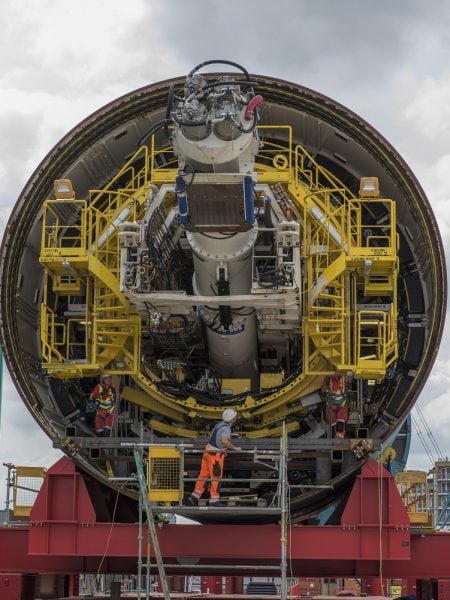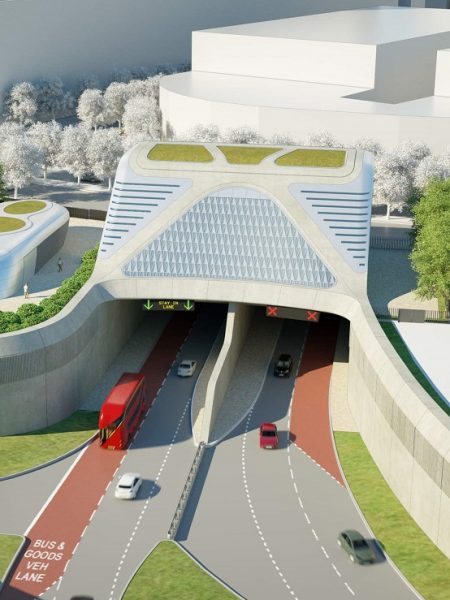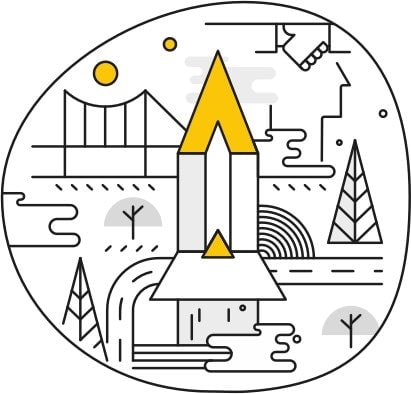Our History
1950
Rail and Waterworks
On December 18th 1952, Rafael del Pino y Moreno founded Ferrovial in an attic in central Madrid. Our name derives from the Spanish word for railway, and our company originally focused on railway projects–created to execute a contract to mortise wooden rail ties for Renfe, the Spanish railway company. In 1958, Renfe awarded us the project to build the railway link between Las Rozas and Chamartín, in Madrid. We laid 18 miles of track in 30 days.
1960
Road Construction
At the beginning of the decade, we had over 500 employees. Our company expanded into the construction of waterworks, roads and buildings, and also moved into the toll road concession business. We diversified into a wide range of projects, all of which were highly complex in both engineering and financial terms.
1970
First Phase of International Expansion
Towards the end of the 1970s, during the recession caused by the oil crisis, we decided to explore opportunities in other countries. Our first international projects were concentrated in four countries: Libya, Mexico, Brazil and Paraguay.
1980
Construction Revived in Spain
We played a very important role in modernizing Spain and making it more European after it joined what was then called the European Economic Community. Our company was one of the key players in building the network of highways and accesses to the big cities, and in expanding and modernizing the ports, airports and railways, as well as building new schools and hospitals. During this time, we acquired Cadagua, a company specialized in designing, building and operating drinking water and sewage treatment plants.
1990
Diversification, Further Internationalization and Initial Public Offering
In 1992, Rafael del Pino Calvo-Sotelo was appointed CEO of our company. With the acquisition of Agroman, now Ferrovial Construction, we positioned ourselves as one of Spain's largest construction companies. We also entered the North American market by obtaining the 407 ETR, a Canadian toll road, under a 99-year concession. Our company was floated on the stock exchange in 1999.
2000
Consolidation of the Services Business and Purchase of Important Adquisitions
In 2000, Rafael del Pino Calvo-Sotelo was appointed Chairman of our company. We made important acquisitions during this decade including the Polish construction company Budimex, the services companies of Amey in the UK and Cespa in Spain, and the airport operator BAA, currently known as Heathrow Airport Holdings.
2010
2010 – 2014
The 2nd decade of the 21st century has seen us grow with highway awards in North America, such as the NTE and the LBJ in Texas, I-77 in North Carolina, and extensions of the 407 EDG in Canada. In the United Kingdom, we acquired the airports of Aberdeen, Glasgow and Southampton, and took on the T2 projects of Heathrow, Crossrail, Northern Line and M8. In addition, we were awarded the Pacific Highway in Australia, ITER in France, the Turow plant in Poland, the Condor plant in Chile, the Al Ghubrah desalination plant in Oman, and the rail connection with Barcelona’s airport.

2015 – 2018
Since 2015, we have won the award for the I-66 in Virginia, Grand Parkway and new segments of the NTE (3A and 3B) in Texas, and a section of the California AVE in the U.S. In Australia, we won the Toowoomba beltway, the Northern Beaches’ hospital connection, the Clarence River crossing and the maintenance of several roads in Melbourne. In Chile, we built section 2 of the L6 of Santiago’s metro system, the Routes of the Loa and an electric transmission line. We also undertook the works of Thames Tideway Tunnel in London and the Bratislava beltway.

2019
In the last year of the decade, we began the works for the IH35 highway in Texas, the Cocoa Route in Colombia and the AVE line between the municipalities of Pulpi and Vera in Spain. In addition, we were awarded major projects such as the Silvertown Tunnel in London, the expansion of the NTE (segment 3C) and the reconstruction of I-35 in Waco, Texas.

Today
Ready for the Future
However, one of the most important things that took place last year was the beginning of a strategic turn for the company, a change of course to transform Ferrovial into a more agile, more profitable and better positioned organization to face global challenges, such as climate change and urban congestion, and a pioneer of smarter and sustainable infrastructure that can offer solutions to society.

